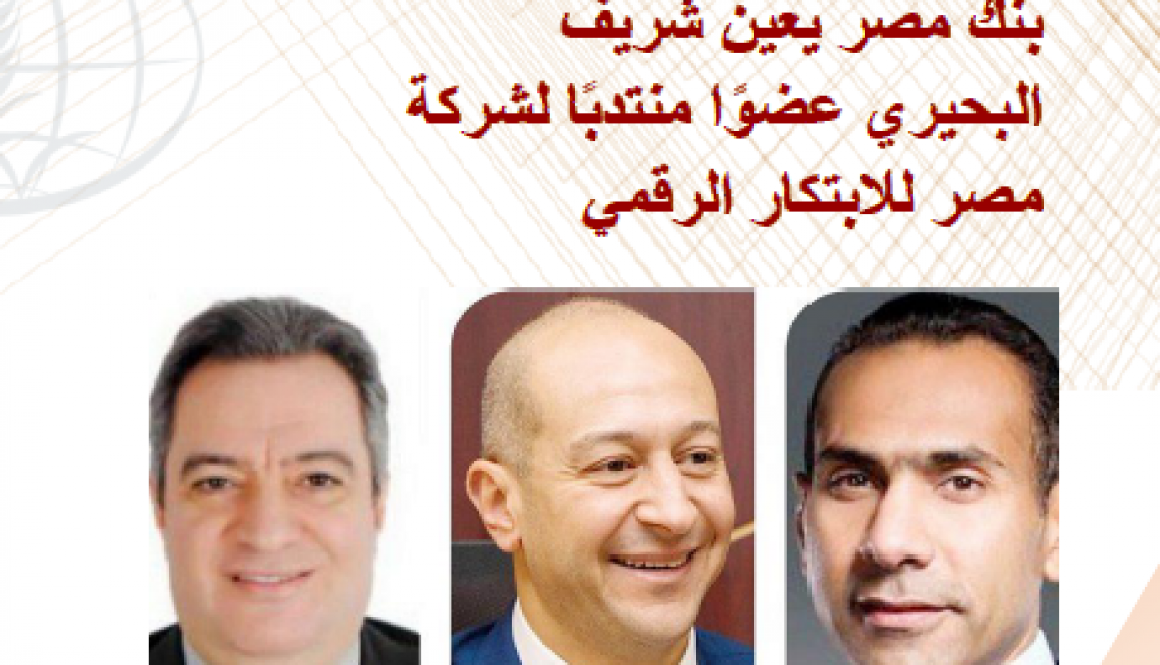
Members News

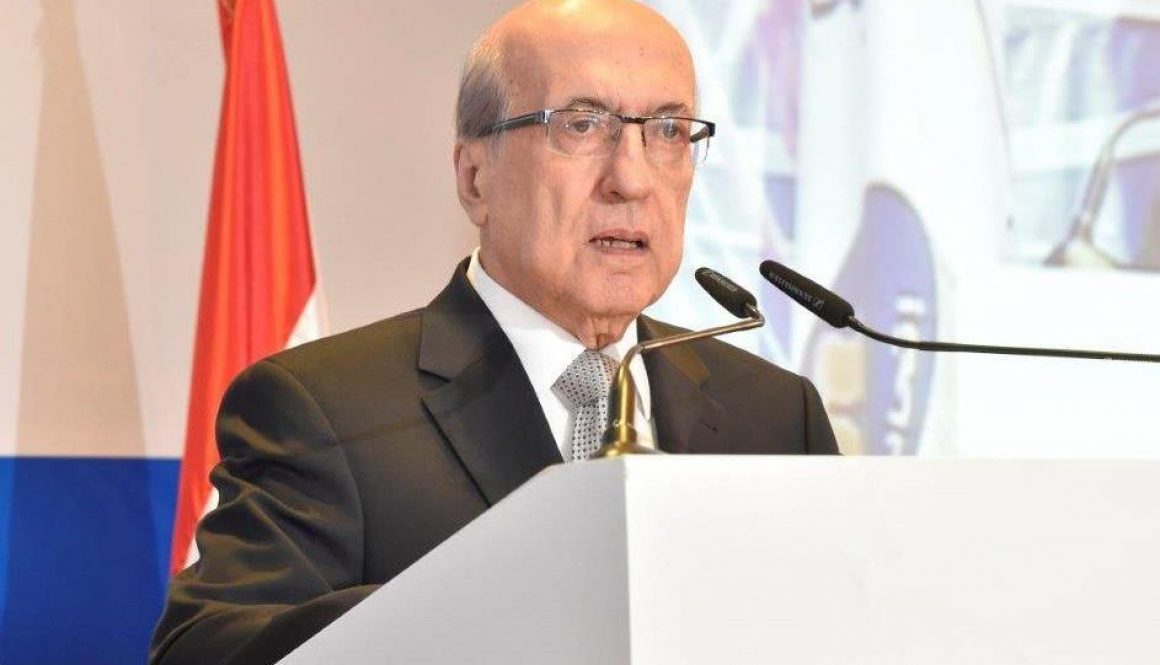
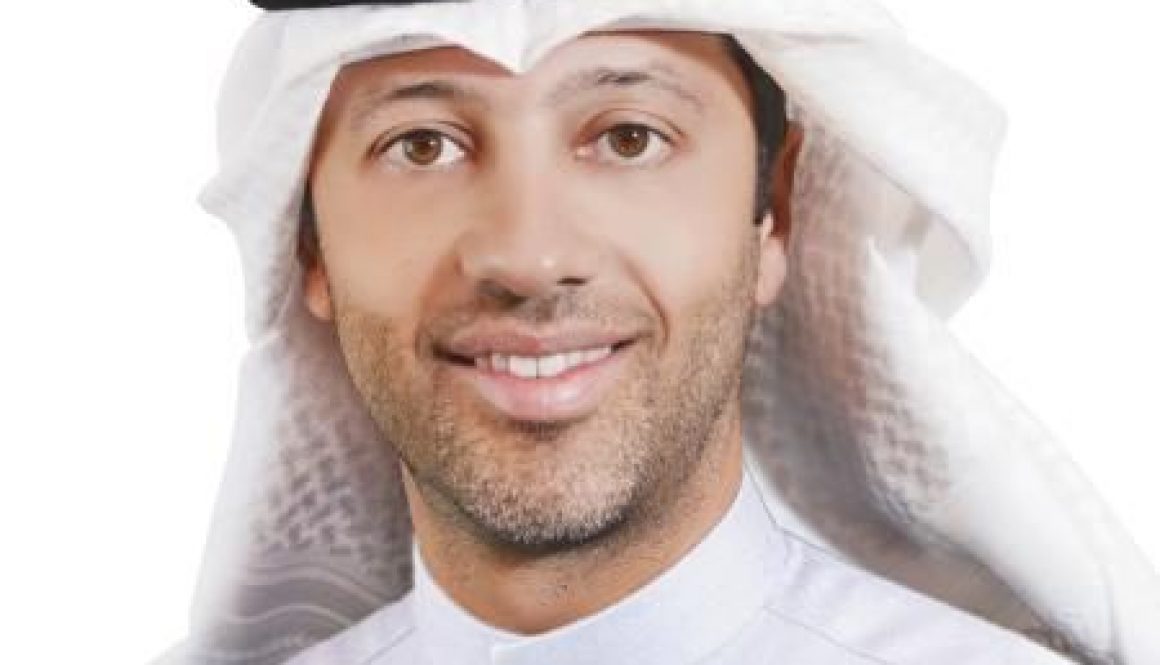
KIB awarded ‘Fastest Growing Islamic Bank MENA’ 2019
This achievement underlines the merit of KIB’s new strategic direction; a key component for its remarkable growth and expansion in the banking sector
In recognition of its remarkable growth in the banking sector, Kuwait International Bank (KIB) was awarded ‘Fastest Growing Islamic Bank MENA’ 2019 for a fourth consecutive year by Capital Finance International (CFI.co); an organization specializing in the finance and banking sectors.
This achievement underlines the merit of KIB’s new strategic direction; a key component for its remarkable growth and expansion in the banking sector. Evaluated by an independent judging panel composed of specialized editors, the Bank was assessed against several key criteria, namely: financial performance, risk management, corporate governance, customer service, innovation, corporate social responsibility, market leadership, transparency, response to market demands, and number of votes.
On this occasion, Vice Chairman and Chief Executive Officer of KIB, –Raed Jawad Bukhamseen congratulated all KIB staff for winning this prestigious award, saying: “This award bears testament to KIB’s commitment to excellence, leveraging the latest technologies to better serve its clients and taking on an active role in the regional economy. We continue to deliver products and services that push boundaries in a highly-competitive market, reflecting our growing strength and leading role in the local financial landscape.”
Bukhamseen pointed out that KIB has collected the ‘Fastest Growing Islamic Bank MENA’ award for a fourth consecutive year. As a repeat winner in CFI.co award programs, the judges have witnessed KIB’s impressive performance trajectory over the years. In 2018, the Bank was included in the Premier Market segment of Boursa Kuwait, further boosting its investor profile at the regional and international levels. In 2019, KIB issued a $300 million AT1 perpetual Sukuk to fuel its local expansion plans and enhance its capital base.
CFI.co is an international, independent assessment body specializing in finance and banking. A prominent, London-based organization, CFI.co combines views from leading multilateral and national organizations with thought leadership from some of the world’s top minds to bring you news, analysis and commentary on markets worldwide. The organization also recognizes both individuals and institutions that demonstrate high standards of innovation and performance excellence in the global financial market.
About KIB:
Kuwait International Bank (KIB) is a bank that operates according to the Islamic Shari’ah, based in the State of Kuwait. Incorporated in 1973, and originally known as Kuwait Real Estate Bank, KIB made the transition to its current Islamic operating model in 2007.
KIB is a full service Bank operating through a network of branches spread across the State of Kuwait, and offering a broad range of banking products, services and solutions in accordance with the principles of the Islamic Shari’ah. The Bank’s mission and vision also encompasses a leading social responsibility program that aims at supporting every member of Kuwait’s society by spearheading a multitude of initiatives and activities.
In 2015, KIB embarked on a comprehensive strategic plan, aimed at improving the Bank’s performance indicators, as well as enhancing the quality of its products and services. The strategy focuses on propelling the Bank to the forefront of the Kuwaiti banking sector and setting it on a solid path to becoming the “Islamic Bank of Choice” in the market.
Today, KIB is in the midst of its new strategic transformation: a comprehensive and long-term program which is aimed at transforming the way KIB engages with customers across every touch point and communication channel. This new strategy focuses on offering a next-level customer experience that delivers much more than just “banking” in the traditional sense – but rather establishes KIB as a partner in every aspect of its customers’ lives; a true “Bank for Life”.
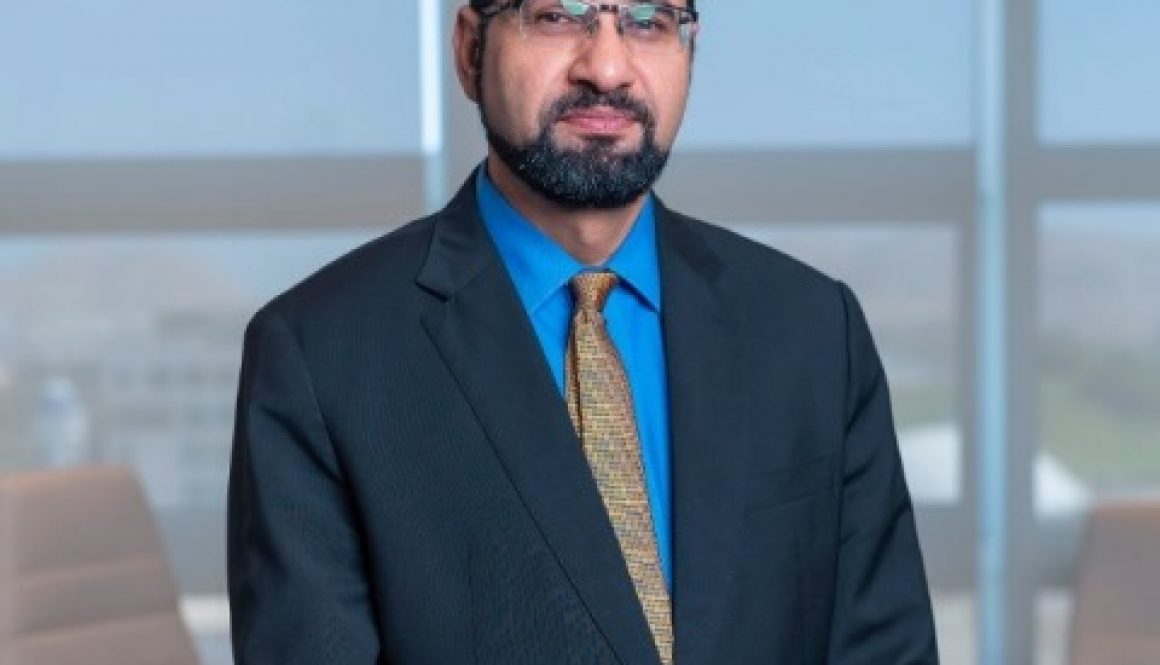
Being The Leading Islamic Bank In Oman Bank Nizwa Share Its Expertise In Aaoifi Islamic Finance Virtual forum 2020
Muscat, Sultanate of Oman – Acknowledging the need to battle the repercussions of COVID-19 and extend support to others in the industry, Bank Nizwa participated in the online Islamic Finance Virtual Forum 2020 that discussed ‘COVID-19 Economic Implications, Islamic Finance and the Way Forward’. Bank Nizwa’s CEO, Khaled Al Kayed, played an active role as a panelist for the first discussion titled ‘Reassessing the potential of Islamic finance to provide economic panaceas in and post COVID-19’.
The online forum was organized by the Accounting and Auditing Organization for Islamic Financial Institutions (AAOIFI) on 13 March, 2020 and witnessed the support of key individuals and organizations in the sector. The industry leaders came together and discussed the effects of the pandemic and the role of Islamic financial institutions in line with government directives and Islamic ethics.
The first discussion of the forum was centered around rebranding the potency of Islamic finance by focusing on its risk-sharing principles for enhanced financial inclusions in time of COVID-19. It also highlighted the renewed responsibility, expectations of Islamic banks and Sukuk, the need for liquidity management solutions, and the role of governance and standard-setting bodies in this period. Speaking on the subject, Al Kayed said, “At a time like this, the practice of societal and country-wise risk sharing should be more pronounced. We should turn our focus on the need for financial inclusions and look at using technology for our mutual benefits. Above all, we should adopt a more philanthropic mode of operation.”
Apart from the effect the pandemic has had on humanity, the domino effect can be seen casting ripples through various sectors. There has been a revision of GDP growths, forecasted contraction of the global economy by -2.8%, and an alarming increase in unemployment as companies struggle to stay afloat.
Doing its part to alleviate the distress caused by the pandemic, Islamic banks and financial institutions have introduced various precautionary measures, while multilateral institutions like the Islamic Development Bank have launched US$2.3 billion as aid package for its member countries as well as for Muslim communities in non-member countries.
Commenting upon the online Islamic Finance Virtual Forum 2020, Al Kayed said, “The forum has thrown light on the various challenges posed by COVID-19, aided us in drawing better speculations about the near future, and also helped us see the light at the end of the tunnel by showing us potential solutions that can be offered through Islamic finance.”
Encouraging the citizens to come together to battle the implications of COVID-19, Bank Nizwa the leading Islamic Bank in Oman, has already opened an account to receive public donations for the Ministry of Health to support their initiatives. The Bank has also allocated RO 600,000 to the government, to aid its efforts in combating the COVID-19 while offering the necessary support to its impacted customers. Moreover, the bank has collaborated with Al Rozna Restaurant to distribute 1300 Iftar pack to the needy families in a daily basis.
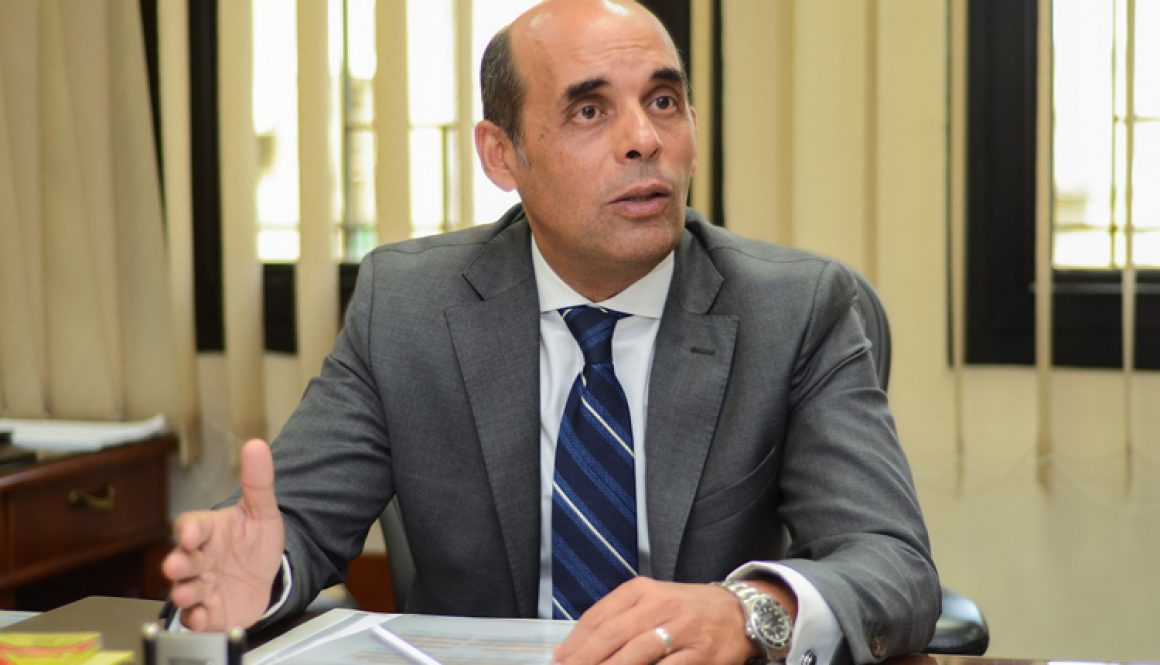
Banque Du Cairo launches internet banking, awaits mobile banking licence nod
Egyptian state-run lender Banque du Caire launched Thursday the internet banking for individuals and it would be launching the same product for corporates within days, according to Chairman and CEO Tarek Fayed.
He added at a press conference that BDC is waiting the Central Bank of Egypt approval to launch the mobile banking product.
Fayed further noted that the bank is currently on track to inaugurate the first Electronic service branch, in addition to expanding geographically and opening 30 branched annually.
On the other hand, Banque du Caire announced that its after-tax profit in 2018 rose 200 percent to around 2.5 billion Egyptian pounds ($145.7 million) from 807 million pounds a year earlier.
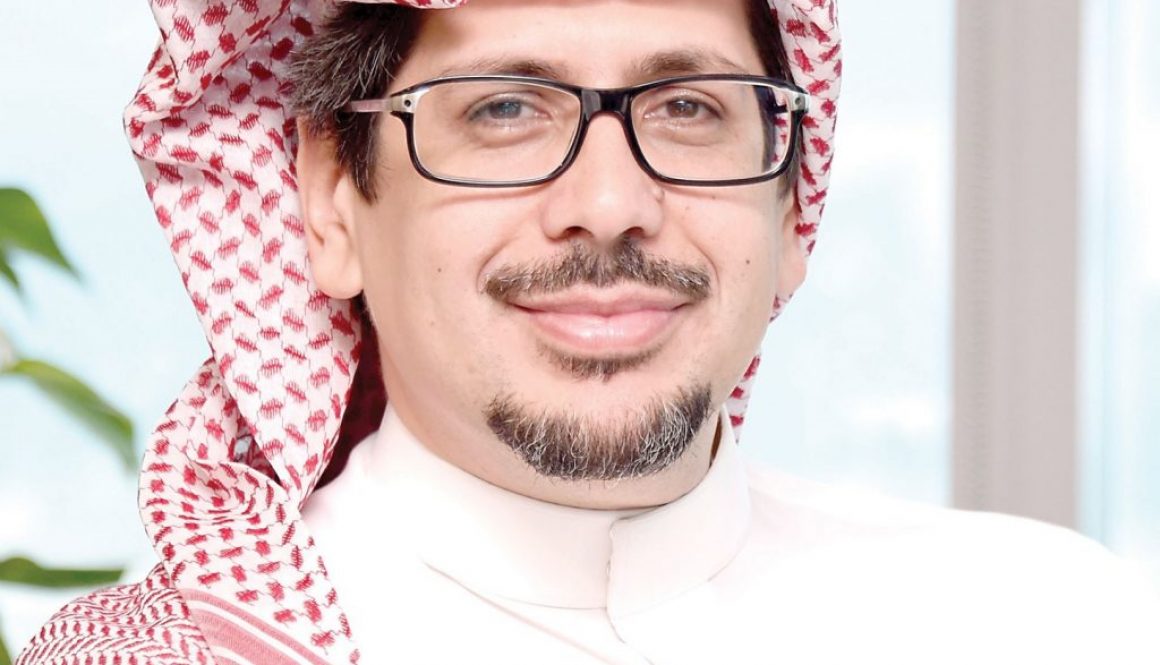
United Nations resident Coordinator office signs letter of agreement with Islamic corporation for the development of the private sector (ICD)
On Thursday 23, April 2020 Mrs. Nathalie Fustier from The United Nations Resident Coordinator in the Kingdom of Saudi Arabia (KSA) and Mr. Ayman Sejiny, the CEO of the Islamic Corporation for the Development of the Private Sector (ICD), the private sector arm of Islamic Development Bank Group, signed a Letter of Understanding (LoU) to conduct a study on the potential of Awqaf in contributing to the achievement of Saudi Arabia’s National Transformation Programme (NTP) and the United Nations Sustainable Development Goals (SDGs) in KSA.
UNRCO and ICD have identified Awqaf as a potential accelerator and a crucial source of sustainable financing for KSA’s Vision 2030, NTP, the UN 2030 Agenda and (SDGs).
In addition, the research findings will support the government’s broad efforts to respond to the COVID-19 pandemic which affected all communities in general and the vulnerable communities, in particular.
The study aims to provide a conceptual framework by which Awqaf can align with NTP and the SDGs, estimate the potential contribution of Awqaf to the NTPs and the SDGs and provide actionable recommendations to move forward with pilot projects. The added value and the outcome of the research will be within the framework of KSA’s Vision 2030 and UN’s 2030.
The CEO of ICD, Mr. Ayman Sejiny commented: “In today’s challenging market and current health circumstances, the ability to support the member countries and the SDGs is critical for success. We believe that the LoU with UNRCO represents a significant milestone toward cementing the development relations with UN bodies and leveraging the vast networks and expertise of both parties to elaborate this strategic study and realize its objectives.” He further stated said, “throughout the history, Awqaf have proven to play a major role in providing sustainable financing and that is why ICD and UNRCO are keen to study the potential of Awqaf in this challenging era”.
The UNRC, Ms. Nathalie Fustier added: “Cooperation with ICD on such a crucial issue will be instrumental in finding innovative ways to navigate these uncertain times. The socio-economic impact of COVID 19 will hit the most vulnerable people first and Awqaf have the potential to make a difference not only in Saudi Arabia but eventually in a number of Islamic countries.
Note to Editors
About the Islamic Corporation for the Development of the Private Sector
Established in 1999, ICD is a multilateral development organization and a member of the Islamic Development Bank (IsDB) Group. The mandate of ICD is to support economic development and promote the development of the private sector in its 55-member countries through providing financing facilities (i.e PPP financing)and/or investments (i,e Private Equities investments) in viable projects sponsored by eligible enterprises in accordance with the principles of Shari’ah. ICD also provides technical assistance and advisory services to member countries and their public and private enterprises with a view to improving the environment for private investment, facilitating the identification and promotion of investment opportunities, privatization of public enterprises and the development of the Islamic capital markets. ICD applies Fintech to make finance more efficient and inclusive. Financial services institutions in the member countries will benefit the most from fintech innovations using AI, robotics, blockchain, data analytics and cloud service. ICD set up a platform which was built and centered on ICD relationship with 119 Financial Institutions. Through them, the IsDB Group in general and ICD in particular would leverage access to the country and avail financing opportunities. The platform allows like-minded financial entities to collaborate on business opportunities, exchanging market intelligence and laying a foundation for actual financial transactions within the OIC member countries and across borders. For more information about ICD, visit www.icd-ps.org.
About UNRCO
In Saudi Arabia, the United Nations is represented by 22 agencies, funds and specialised programmes. The country team (known by its acronym UNCT) is made up of representatives of these organisations. As head of the country team, the UN Resident Coordinator (RC) guides and supports the work of the UNCT, ensuring effective coordination and cooperation across the mandates of each organisation.
As the main support structure for the activities of the Resident Coordinator and the country team, the Office of the Resident Coordinator (RCO) strengthens the joint activities of the United Nations system in the Kingdom of Saudi Arabia. Its purpose is to maximise, in a coordinated manner, the work of the United Nations so that the system can provide a collective, coherent and integrated response to national priorities and needs, within the framework of the Sustainable Development Goals and other international commitments.
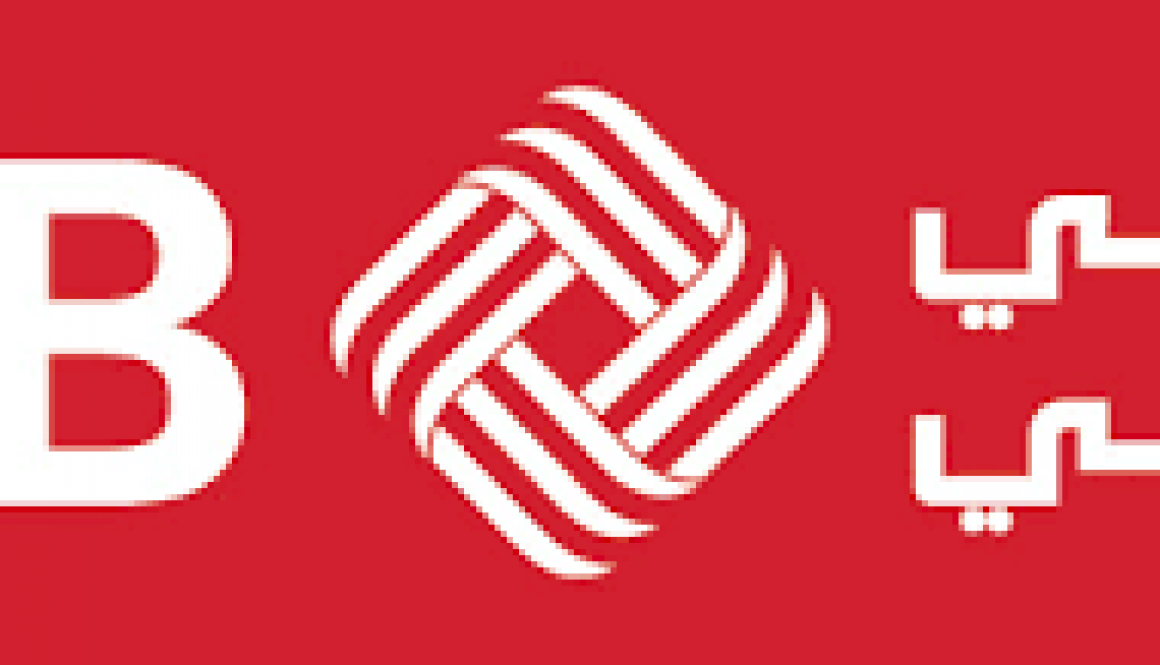
QIIB announces its results for the first quarter (Q1-2020)
QIIB Chairman and Managing Director, His Excellency Sheikh Dr. Khalid bin Thani bin Abdullah al-Thani announced the bank’s financial results for the first quarter (Q1) that ended on March 31, 2020.
The results, which were announced after a meeting held by the Board of Directors on Wednesday, showed that the bank achieved (at the end of Q1- 2020) a net profit of QR 267.1 million compared to QR 266.1 million for the same period of last year, with a growth rate of 0.4%.
On this occasion, HE Sheikh Khalid bin Thani stated: “QIIB’s positive results in the first quarter clearly indicate that the bank continues to strengthen its financial position and benefit from the strong factors inherent in the Qatari economy, which is one of the best competitive economies in the world”.
He noted, “The challenges that the Qatari economy were able to overcome in the past period enhanced its immunity and strength in the face of new challenges and situations. We, at QIIB, are building on our plans and our short to long strategies, based on this reality. We are all confident that the Qatari economy will continue its outstanding performance in the period ahead under the support and patronage of His Highness the Amir of the State of Qatar, Sheikh Tamim bin Hamad al-Thani”.
Sheikh Dr Khalid said, “In the Q1 of 2020, we continued to focus on the Qatari market and the financing of vital projects related to infrastructure and SMEs. We also adopted the appropriate flexibility in dealing with various market factors while focusing on the prudent management of risk, credit and liquidity. There is no doubt that the results announced today reflect the success that we achieved. We hope we will be to maintain our success in the period ahead, despite the new circumstances”.
“Working incessantly on various vital projects in the country provides a coverage for us and for the banking sector in general to get on to the next stage with confidence. The wise policies of the supervisory authorities will put us on the right track and will ensure continuous growth and achievement of the set goals”.
Sheikh Dr Khalid thanked the QIIB Executive Management and all employees for the results achieved in the first quarter of 2020, stressing that the current circumstances thrust great responsibilities on everyone in order to improve the operational environment and performance to achieve the desired results, serve customers and maximize returns for shareholders.
On his part, QIIB Chief Executive Officer Dr Abdulbasit Ahmed al-Shaibei noted that the bank’s total revenues for Q1-2020 amounted to QR 656.2 million compared to QR 558.1 million at the end of the same period of last year, with a growth rate 17.6%. The bank also improved operational efficiency, which contributed to a decrease in cost to income ratio to be at 20.5%.
He said, “The bank’s total assets increased by the end of the first quarter to QR 60.2 billion with a growth rate of 10.9%, whereas the financing portfolio reached QR 38.5 billion compared to QR 31.0 billion by the end of Q1-2019, with a growth rate of 24.0%.
“The customer’s deposits reached QR 36.3 billion, with a growth rate of 2.9% compared to the same period of last year, the earnings per share reached QR 0.18 while the capital adequacy under Basel III stood at 18.4%, thus reflecting the strength of QIIB’s financial position.”
Dr al-Shaibei noted, “QIIB’s results during the first quarter were consistent with the goals set by the Board of Directors, which are based on making the best use of the great opportunities provided by the Qatari economy in its various sectors. Our planned focus is on the local market. We seek to participate in development plans and benefit from the strength and high solvency of the Qatari economy as well as the opportunities it provides.
He continued: “Our results for the first quarter are consistent with QIIB’s long track record of achieving stable growth rates despite all challenges posed by the market factors. However, hard work and planning helped us adapt to these factors, achieve stability in our operational performance and reduce risks to a minimum.
QIIB CEO noted, “During the first quarter of 2020, the bank continued to invest in and focus on strengthening its technological infrastructure and developing its alternative channels, which enhances the bank’s provision of smart services and facilitates the fulfilment of the customers’ banking needs, without having them visit the bank branches”.
In this context, Dr Al-Shaibei said, “QIIB recently launched its upgraded version of the Online Corporate Banking Platform, which helps the bank’s corporate customers obtain a wide range of services without the need to visit the bank’s branches. The bank also started adopting and using ‘IBM safer payment solution’ in order to strengthen its cross channel fraud prevention systems and allow customers to conduct their banking transactions in a safe and reliable manner”.
Dr Al-Shaibei pointed out that QIIB recently started applying the SWIFT GPI payment system, which is considered one of the latest globally adopted systems in this field, thus becoming the first Islamic bank in Qatar to use this. The bank also launched a new ‘QIIB Points Portal’, developed as part of the bank’s strategic partnership with Mastercard.
He stressed, “QIIB’s investment in technological solutions and alternative channels proved to be useful in the current situation, as the business continuity plan was implemented smoothly and customers were able to obtain most banking services without the need to visit the bank’s branches. This enabled us to achieve outstanding efficiency in facing the emerging circumstances”.
The CEO expressed his optimism that the positive environment facilitated by the Qatari economy and the numerous infrastructure projects and mega projects provide stable growth for the various sectors and help avoid any repercussions resulting from the various factors and conditions.
“We look forward to continuing our good performance and achieving the set goals”.
Dr Al-Shaibei affirmed that QIIB’s strategy will continue to focus on the local market in the forthcoming period as it proved to be very useful, without overlooking promising external investment opportunities that offer high returns and involve low risks.
In the field of human resources, he said, “The bank pays special attention to increasing its operating efficiency by attracting new employees with experiences and talents, namely female and male Qataris. “We will continue to provide comprehensive training and qualification programmes as well as career advancement opportunities that enable and equip them to take up leadership positions in the bank in future.”
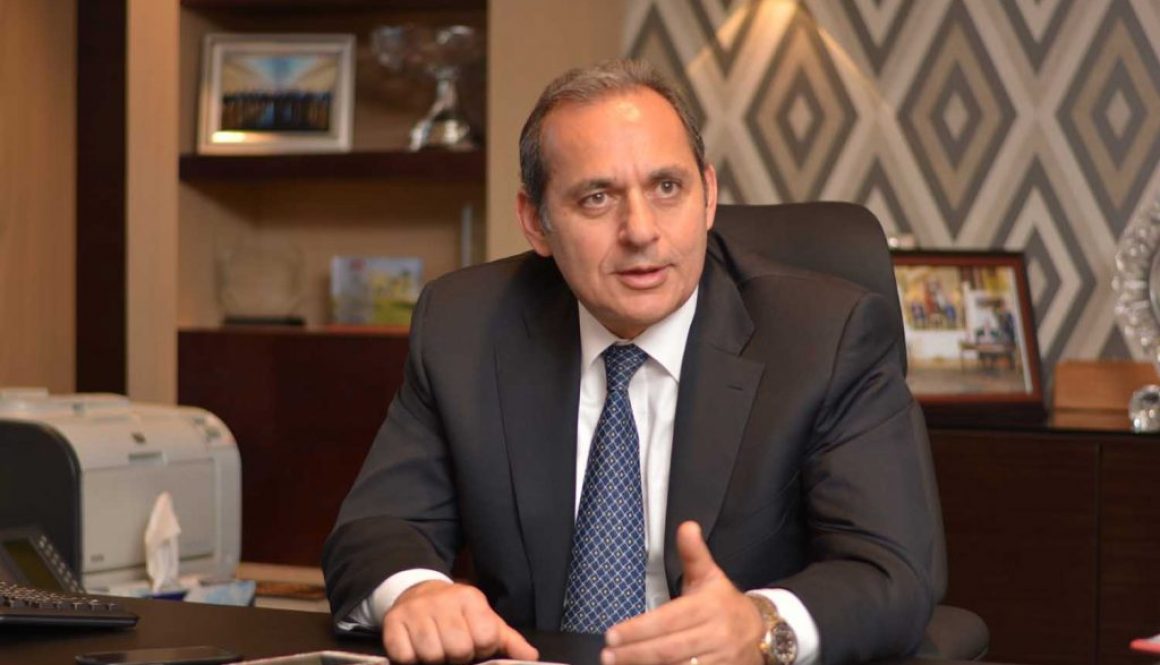
Mr. Hisham Ahmed Okasha- A Leading Figure the Arab banking Industry
Mr. Hisham Ahmed Okasha, is among the main figures in the Egyptian and Arab Banking Industry.
Career Triumph
He joined NBE in 2008 as Deputy Chairman and was appointed as Chairman of NBE in 2013. During his years at office supported by a leadership personality and strategic views and ambitions, Mr. Okasha oversaw the successful reform and restructure of the bank and was instrumental in increasing NBE’s market share to 26% and become the country’s largest SME lender. His passion for his profession made him one of the best bankers on the scene.
Mr. Okasha is well known among the bank’s employees for the seriousness and strictness. The slogan for the stage or period in which he took over the presidency of the National Bank of Egypt was “Work hard and good results will appear”. He succeeded in placing his name among the leaders of the National Bank of Egypt, since Mr. Rafael Soares, in cooperation with Sir Ernst Castle, founded the National Bank of Egypt on June 25, 1898.
Educational Distinction
Prior to his role at NBE, Mr. Okasha headed off-site supervision at the Central Bank of Egypt after 15 years in the private commercial banking sector. Mr. Okasha has an Economics and Computer Science degree and a Master’s degree in Public Administration from the American University in Cairo. He also has a diploma from the Harvard Institute for International Development. Mr. Okasha is a Board Member at the Egyptian Banking Federation and a number of other financial subsidiaries of the Bank in Europe and Africa.